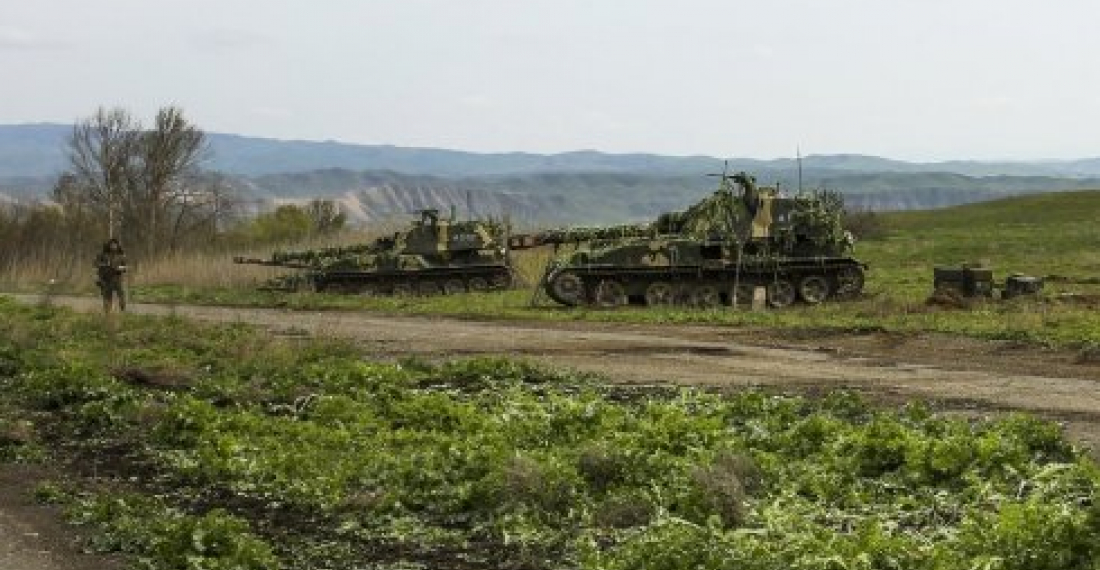As international mediatiors return to the region reports of incidents on the front line, and a return to maximalist rhetoric, continue to poison the atmosphere
The co-chairmen of the OSCE Minsk Process dealing with the Karabakh conflict are on their way to the region, and are expected to meet the Azerbaijani leadership in Baku and the Armenian leadership in Yerevan early next week, after visiting the line of contact.
The diplomats, representing France, Russia and the United States announced their visit to the region immediately after hosting talks between the Foreign Ministers of Armenia and Azerbaijan in Krakow, Poland in January. That meeting appeared to mark a change in the mood surrounding the long ongoing talks. Even President Emanuel Macron remarked on it when meeting the Armenian President in Paris a few days later. Ever since however things appear to have slide back to the nauseating regularity of the past.
Read more: Armenian and Azerbaijani Foreign Ministers exchange views on core issues
Read more: International monitors in the Karabakh conflict zone to increase by seven
On the ground, whilst both sides continue to report daily violations of the cease fire, but each side has reported at least one serious incident, details of which remain unconfirmed.
Read more: Azerbaijan reports incidents near the Karabaklh line of contact
On the diplomatic level, things are equally opaque. One tangible issue that seemed to have been agreed in Krakow, even though with the caveat that some technical details still needed to be finalised, was an agreement to increase the team of the OSCE Chairmanship Special Representative dealing with the Karabakh issue by seven members. They regularly monitor the line of contact between the military of the two sides. Whilst the impact of this increase is more symbolic than tangible, it is something that was already allegedly agreed in 2016, and its implementation has become a central issue of discussion.
On Thursday (1 February), the First Deputy Chairman of the Azerbaijani Parliament, one of the few Azerbaijani officials authorised to speak on the conflict, was reported by the Azerbaijani media as suggesting that a number of conditions had to be fulfilled before the increase in the number of international monitors can be agreed.
A few hours later, although not necessarily connected, Russian Foreign Minister Sergei Lavrov phoned his Azerbaijani counterpart, Elmar Mammadyarov. The phone call was reported by the Russian media, without giving details.
The leaders of Armenia and Azerbaijan, and other officials, have in the meantime over the last two weeks continued to express maximalist positions with regards to how they perceive an outcome of the conflict.
The people of Armenia and Azerbaijan, and the rest of the world public, have become used to the ups and downs in the Karabakh story. But when they arrive in Baku and Yerevan tomorrow the Minsk Group co-Chairmen may find that the atmosphere has become poisoned once more, making their work that little bit more difficult.
source: commonspace.eu






